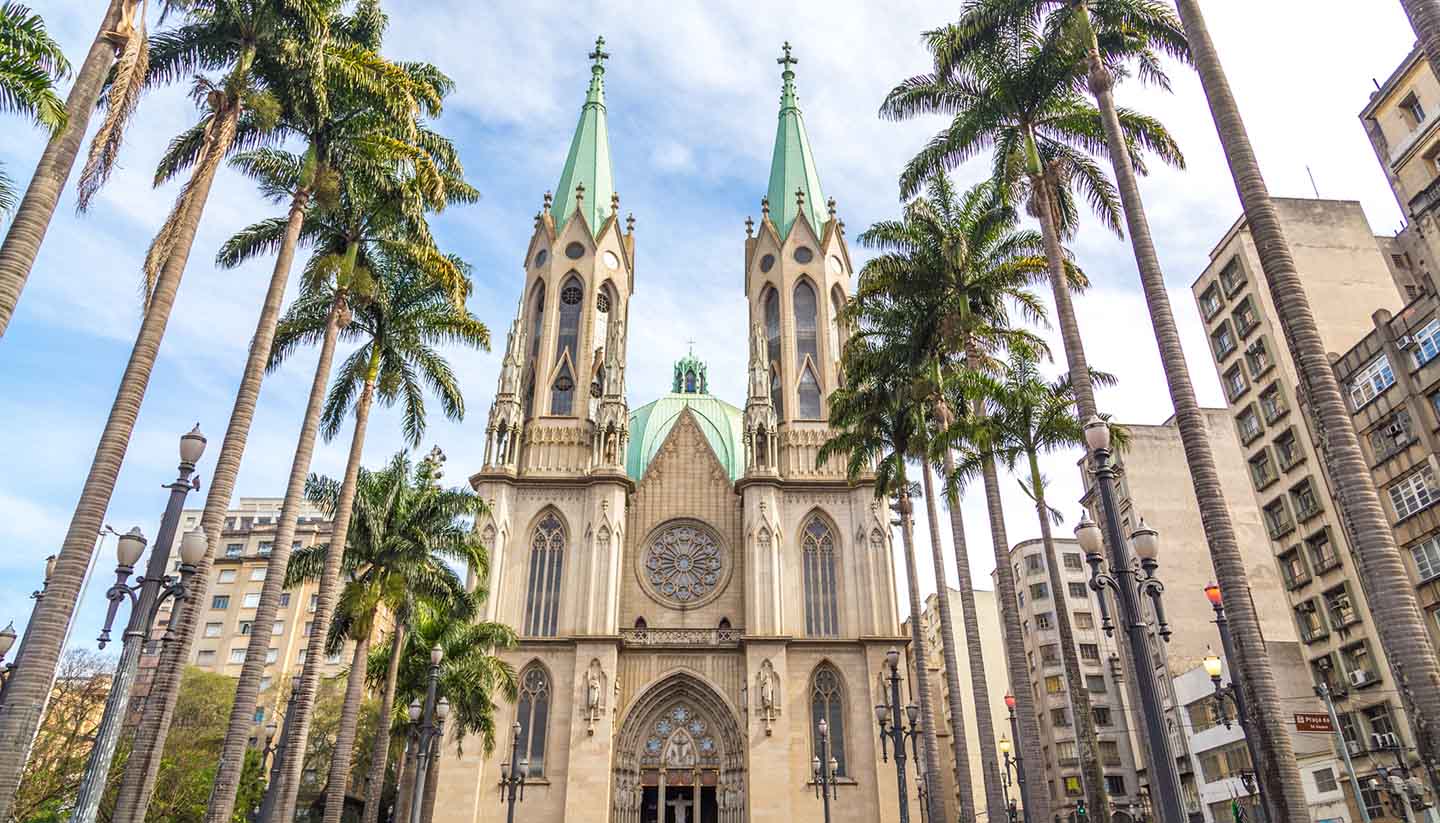Sao Paulo History
Historically São Paulo has developed in a very different fashion to Brazil's colonial coastal cities.
The beginnings of Piratininga, as São Paulo was formerly known, were celebrated with a mass at the Jesuit chapel at Pateo do Collegio.
The chapel was built to convert natives to Catholicism and the site was chosen because of its location on a river and between the ocean and fertile lands. São Paulo only officially became a city in 1711.
In the early years, the town was little more than a backwater used as a base by explorers, slave owners and prospectors.
A gold boom at the end of the 17th century and the subsequent sugar cane production did little to change its relatively low-profile status.
But the rise of coffee production in the 19th century propelled São Paulo towards economic domination.
The city soon became the richest in the nation and the coffee boom sparked mass immigration. Railroads were built, connecting São Paulo to other important cities.
Even by the turn of the 20th century, when coffee's predominance began to wane, immigration continued with a growth in the city's industrial development.
Poor, uneducated workers from Brazil's northeast also flooded into the city. Industrialisation initiatives during the 1950s helped the automotive industry to grow.
São Paulo’s industries were steadily replaced by commerce and service trades. Today the city is home to large banks, multinationals, law firms and advertising companies.
The city has gained a worldwide reputation for its arts and culture, its thriving nightlife and dining scene, and as a fashion centre.
São Paulo is the economic powerhouse of Brazil. The population is primarily lower middle class, though a large working class population still inhabits the favelas ringing São Paulo's outskirts.
Did you know?
• The first European in São Paulo was actually a shipwrecked sailor from Portugal called João Ramalho. After washing ashore in 1510 he went on to marry a native inhabitant.
• Legendary F1 racing driver Ayrton Senna was born in São Paulo in 1960.
• In 2006, São Paulo's mayor, Gilberto Kassab, passed the Clean City Law, which banned all billboard advertising.


